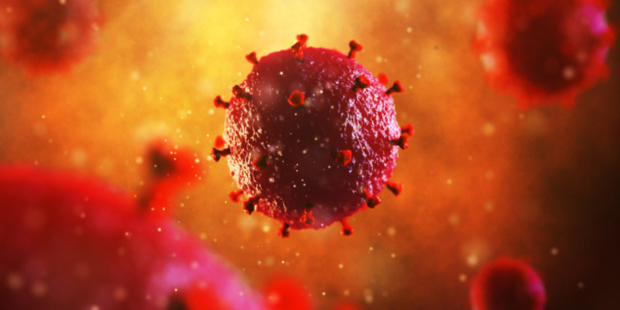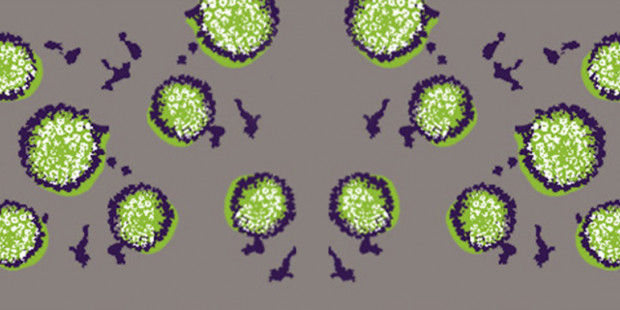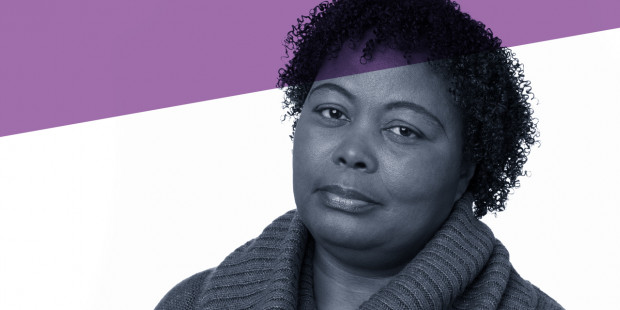
Genital warts are caused by HPV. There are over 100 different types of HPV, some of which you can be vaccinated against. Warts are usually not painful and are not a serious threat to your health.
What are genital warts?
Genital warts are small fleshy growths, bumps or skin changes anywhere on the genitals or around the anus or on the upper thighs. (You can see pictures of genital warts on a vagina, penis and anus at NHS Choices.)
- If they’re in the anus, inside the vagina or on the cervix you may not know they’re there.
- You may just have one wart or a cluster that can look like a cauliflower.
- Warts can appear weeks, months or years after infection with HPV.
- You may only get them once, although many people find they come back.
Symptoms of genital warts
Genital warts are usually painless, but they can:
- be uncomfortable and itch
- become inflamed or bleed
- change the normal flow of your pee
- look unpleasant, which can be distressing.
If you don’t get warts treated, they may:
- eventually go away
- stay the same size
- grow larger in size or number.
What is the link between HPV and cancer?
- HPV types 6 and 11 cause most cases of genital warts. They do not cause cancer of the cervix, vulva, anus or penis.
- HPV types 16 and 18 can cause cell changes that may lead to cancer. They are linked to the majority of cervical cancer cases in the UK.
How HPV is passed on
During sex, HPV is passed on:
- when someone’s skin touches another person’s warts (which you won’t see if they’re inside the rectum or vagina)
- through genital contact
- sharing sex toys
- (very rarely) through oral sex.
In extremely rare cases:
- a mother can pass HPV to her baby during birth
- someone can pass on HPV through warts on their hands, by touching someone’s genitals.
Sometimes the virus is passed on without any warts being present.
Using an external or internal condom cuts the risk of passing on HPV – but only if the condom covers the skin where the wart virus is.
Other types of contraception, such as the contraceptive pill, offer no protection against sexually transmitted infections (STIs) including genital warts.
Tests and treatment for genital warts
The sooner you get genital warts treated, the easier it is to get rid of them.
A doctor has to treat them and you can’t use treatments meant for warts that grow on the hands.
Warts are treated by:
- putting on a special cream or acid, at a clinic or at home
- freezing with liquid nitrogen
- cutting with laser treatment or surgery under local anaesthetic in hard-to-treat cases.
It can take several treatments to get rid of warts and they might come back. Don’t have sex (oral, vaginal or anal) until treatment has finished or you could pass on the infection.
If you are pregnant or trying to become pregnant, then let the doctor know, as certain treatments for genital warts need to be avoided as they can cause miscarriage. If you are breastfeeding, let the doctor know as it will influence which of the topical (rubbed on skin) medications will be prescribed for you to use.
If you are living with HIV, the treatment of the warts is the same but may take longer because of a lower treatment response rate. and you will have more follow up appointments to check on the treatment’s progress.
Regular testing
The more people you have sex with (especially unprotected sex), the bigger your chance of getting infections like genital warts.
As you can have them without knowing, regular check-ups are a good idea. This is especially the case if you are starting a new relationship or want to stop using condoms with your partner.
Most people get tested and treated for infections such as warts at sexual health (or ‘GUM’) clinics. It is free and confidential, which means no one else, including your GP, will be know about your visit. Some GP surgeries also test for and treat these infections.
The HPV vaccine
Girls and boys aged 12-13 in the UK are offered the HPV vaccine Gardasil. The second dose is offered 6 to 24 months after the first dose. It's important to have both doses of the vaccine to be properly protected.
From September 2023, the HPV vaccination will move from two doses to one, following updated advice from the Joint Committee on Vaccination and Immunisation (JCVI) that a single dose will offer the same protection against HPV as two doses.
Gardasil protects against:
- HPV types 6 and 11m, which cause the majority of cases of genital warts.
- HPV types 16 and 18, which cause 70% of cervical cancer cases, and are linked to cancers of the anus, vulva, vagina and penis.
People who’ve missed the HPV vaccine at school can still get it for free on the NHS up until age 25 if you’re a girl born after 1 September 1991 or boy born after 1 September 2006.
Men who have sex with men (MSM) can also get the vaccine at sexual health clinics, up to the age of 45.
Some trans women and trans men are eligible for the HPV vaccine if they have sex with MSM and are aged 45 or under.
Find out more about who can get the HPV vaccine.
Our HPV vaccine campaign
Vaccination of boys and MSM follows a successful campaign by the HPV Coalition, which includes us.
The coalition is campaigning for a catch-up programme for all secondary-school aged boys.







